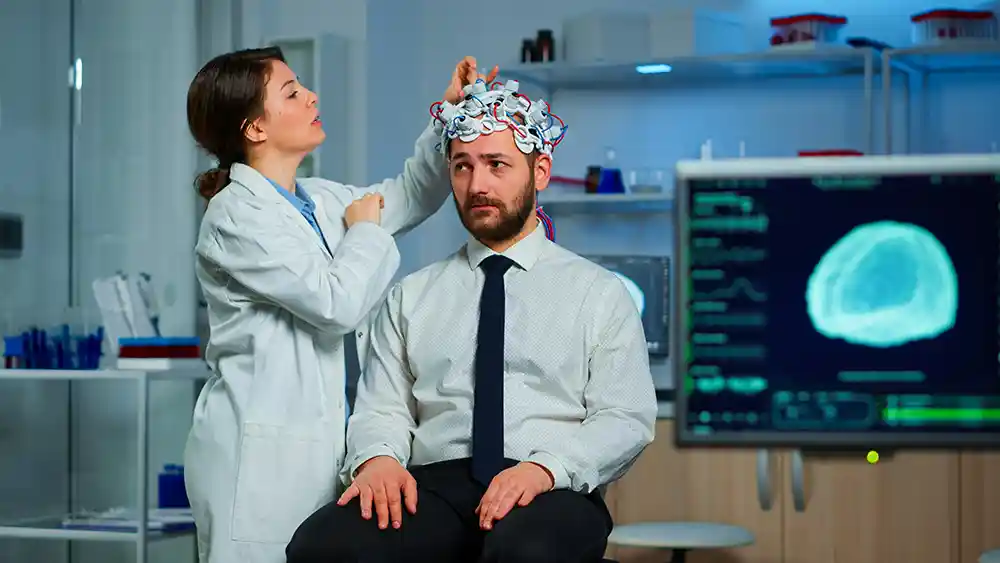
Alcohol and Brain Health: What You Need to Know About Neuroplasticity
November 21, 2024

The connection between alcohol and brain health is complex, but one thing is clear: excessive alcohol consumption can have serious consequences for your brain’s ability to adapt, learn, and grow. Here’s a breakdown of how alcohol affects neuroplasticity—your brain’s incredible capacity to form new connections and pathways.
🚫 How Alcohol Hurts Neuroplasticity
- Impaired Learning and Memory
- Chronic alcohol use damages the hippocampus, the brain’s learning and memory hub.
- This disrupts your brain’s ability to create new neural connections, making it harder to learn new skills or retain information.
- Brain Shrinkage
- Long-term drinking can reduce brain volume, especially in areas tied to decision-making and impulse control.
- This shrinkage limits your brain’s capacity to adapt and recover from challenges.
- Disrupted Neurogenesis
- Alcohol interferes with neurogenesis (the growth of new neurons).
- Without this process, your brain struggles to recover from injury or adapt to new experiences.
💡 The General Impact of Alcohol on the Brain
- Ethanol’s Role
Ethanol, the main ingredient in alcohol, alters neurotransmitter pathways, impacting mood, behavior, and coordination. - Neurotransmitter Imbalance
Alcohol affects chemicals like GABA, dopamine, and glutamate, leading to mood swings, poor coordination, and impaired thinking. - Memory and Cognitive Skills
Heavy drinking can damage memory and cognitive abilities over time, potentially leading to serious conditions like Wernicke-Korsakoff syndrome.

Helping clients improve brain health and prevent Alzheimer’s through expert coaching.
Navigate

Helping clients improve brain health and prevent Alzheimer’s through expert coaching.
Navigate

Helping clients improve brain health and prevent Alzheimer’s through expert coaching.
Navigate
© Copyright Save Your Brain All rights reserved. Designed & Developed By Level Up 360


